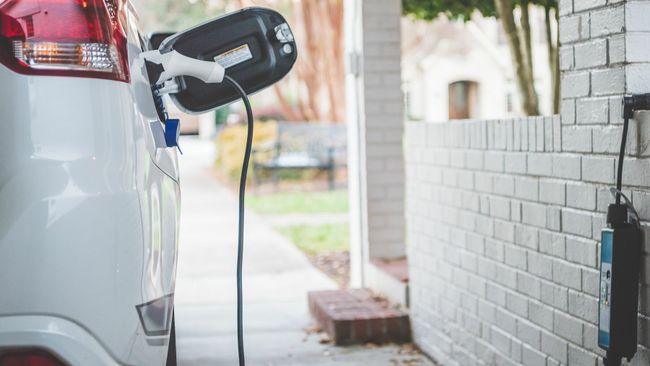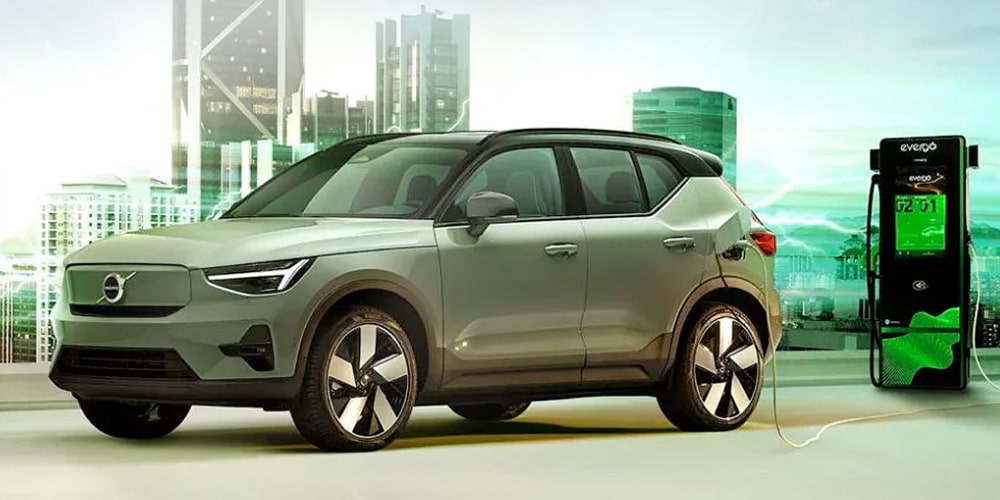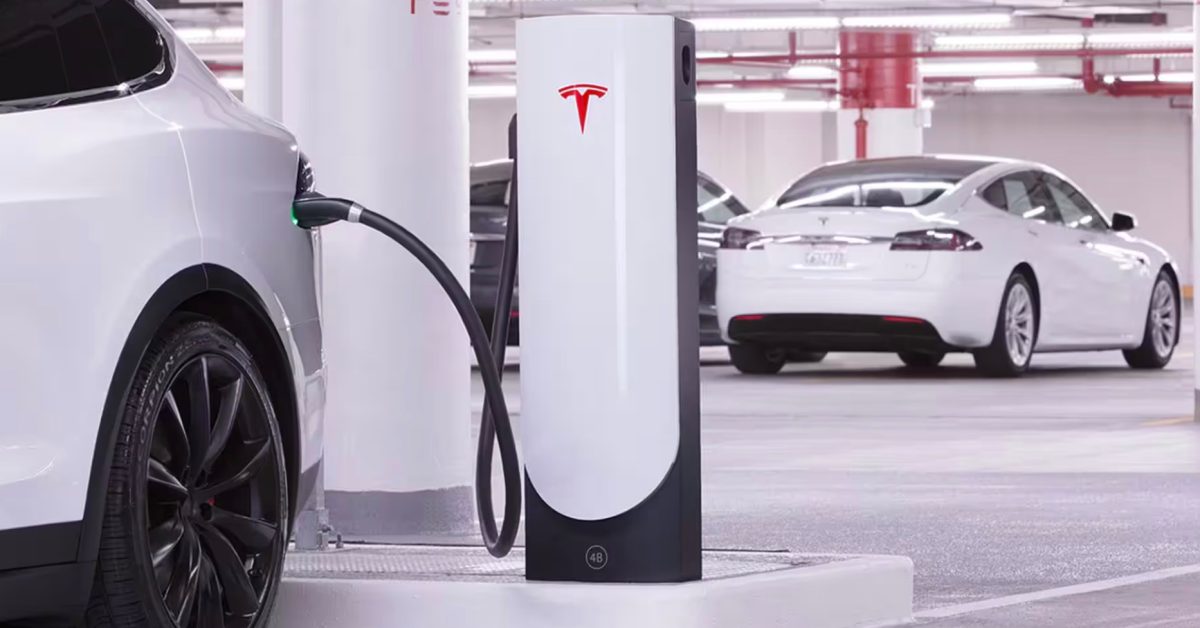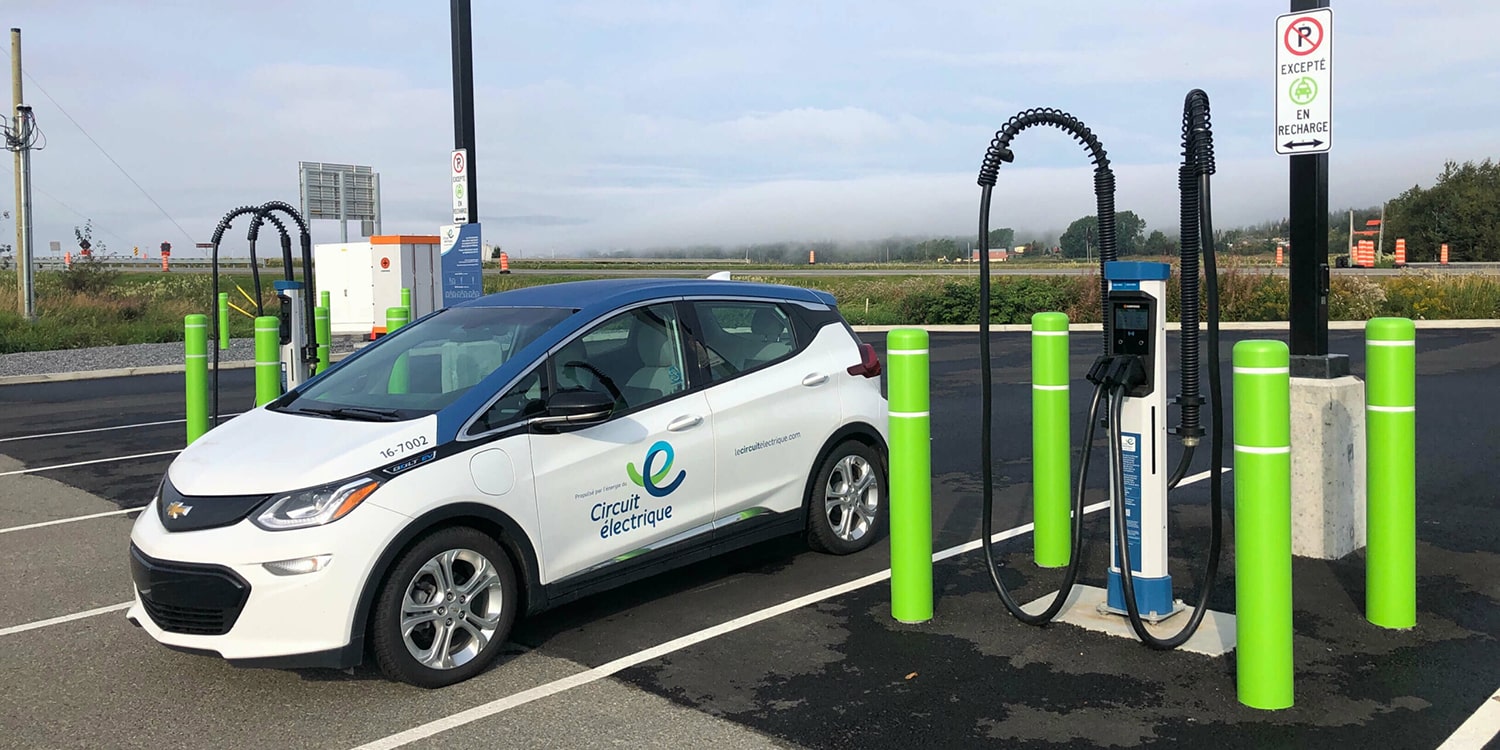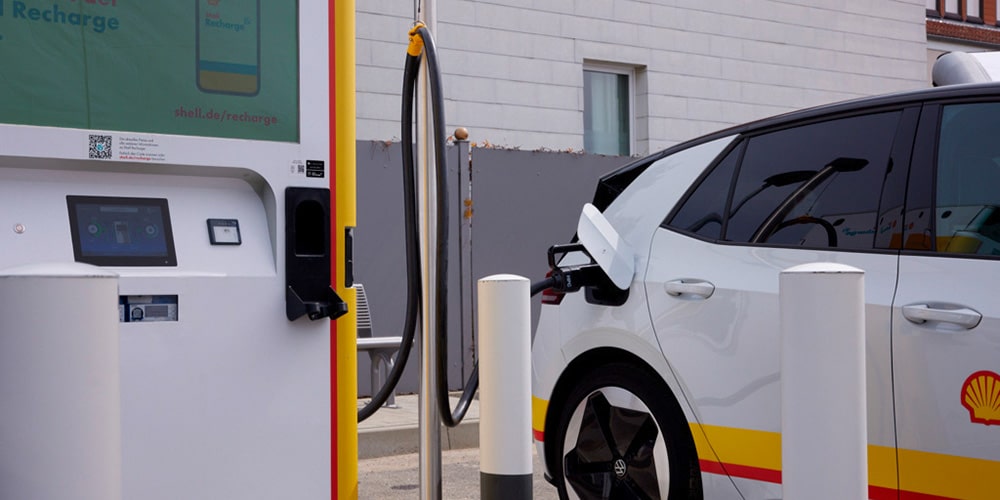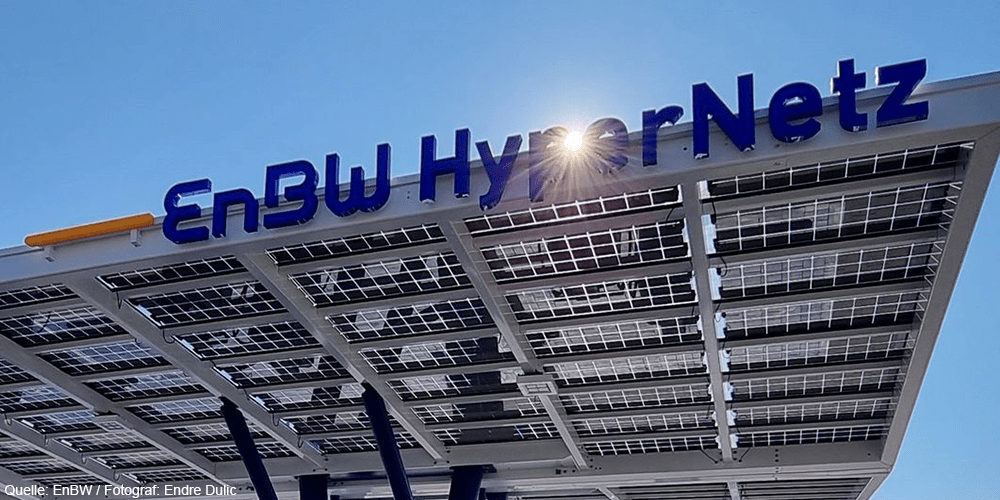Duke Energy is set to launch a pioneering flat-rate pilot program in partnership with renowned car manufacturers General Motors, Ford, and BMW. This initiative, known as the ‘EV Complete Home Charging Plan,’ will empower customers in North Carolina to charge their electric vehicles (EVs) at home, consuming up to 800 kilowatt-hours (kWh) per month, all for a fixed monthly fee.
Duke Energy’s North Carolina State President, Kendal Bowman, emphasized the financial benefits, stating, “The average EV owner is already saving about $1,000 per year on fuel costs compared to a traditional vehicle – a predictable monthly subscription charge on top of that will ensure predictable savings when charging.”
This innovative pilot program appears to be generously tailored to the average EV driver’s needs, as the company estimates that they typically consume less than 15 kWh per day, accumulating to 450 kWh per month. Remarkably, the pilot plan offers nearly twice the amount of monthly energy required by the average EV driver.
See also: Daimler, Duke Energy, and Electrada Collaborate on Electric Truck Program in North Carolina
Under the ‘EV Complete Home Charging Plan,’ EV drivers within Duke Energy’s Carolinas service area will be charged a flat fee of $19.99, while those in the Duke Energy Progress service area will pay $24.99. Enrollments for this program will be facilitated through the respective EV manufacturers and are set to commence this month, with the official program launch scheduled for November 1st.
Crucially, Duke Energy is collaborating with General Motors, Ford, and BMW of North America as part of the Open Vehicle Grid Integration Platform (OVGIP). This partnership allows the utility to access customer charging data directly from enrolled vehicles, eliminating the need for a secondary meter installation. Each automaker manages its charging application, which communicates through OVGIP.
During the pilot phase, participants will utilize these applications to specify their desired state of charge and preferred charging times. Subsequently, their automaker will optimize their EV charging schedules to meet individual needs while avoiding peak grid hours, as highlighted by the utility.
Furthermore, Duke Energy will proactively send demand response notifications to pilot participants, guiding them on optimal times to refrain from charging their EVs. Harry Sideris, Executive VP of Customer Experience at Duke Energy, underscored the importance of charging flexibility, stating, “EV charging has the added benefit of flexibility, meaning charging can be managed – such as shifting charging to off-peak hours – which is important in limiting cost increases and mitigating peak demands.”
Duke Energy’s commitment to electric vehicle adoption extends beyond this pilot program. In 2022, the utility initiated a bidirectional charging pilot project in Florida, focused on Ford F-150 vehicles, to support Vehicle-to-Grid (V2G) technology.
Looking ahead, Duke Energy aims to transition 10,000 vehicles in its own fleet to electric power by 2030, comprising 4,000 light-duty vehicles and 6,000 medium- and heavy-duty vehicles, including off-road vehicles. Notably, this commitment extends to 50% of the medium- and heavy-duty vehicle segment, marking Duke’s ambitious target to electrify 70% of its entire vehicle fleet in the medium term.
Duke Energy currently operates 600 battery-electric and plug-in hybrid vehicles, actively promoting EV adoption. Serving 8.2 million customers across North Carolina, South Carolina, Florida, Indiana, Ohio, and Kentucky, the utility collectively possesses an energy capacity of 50,000 megawatts.

